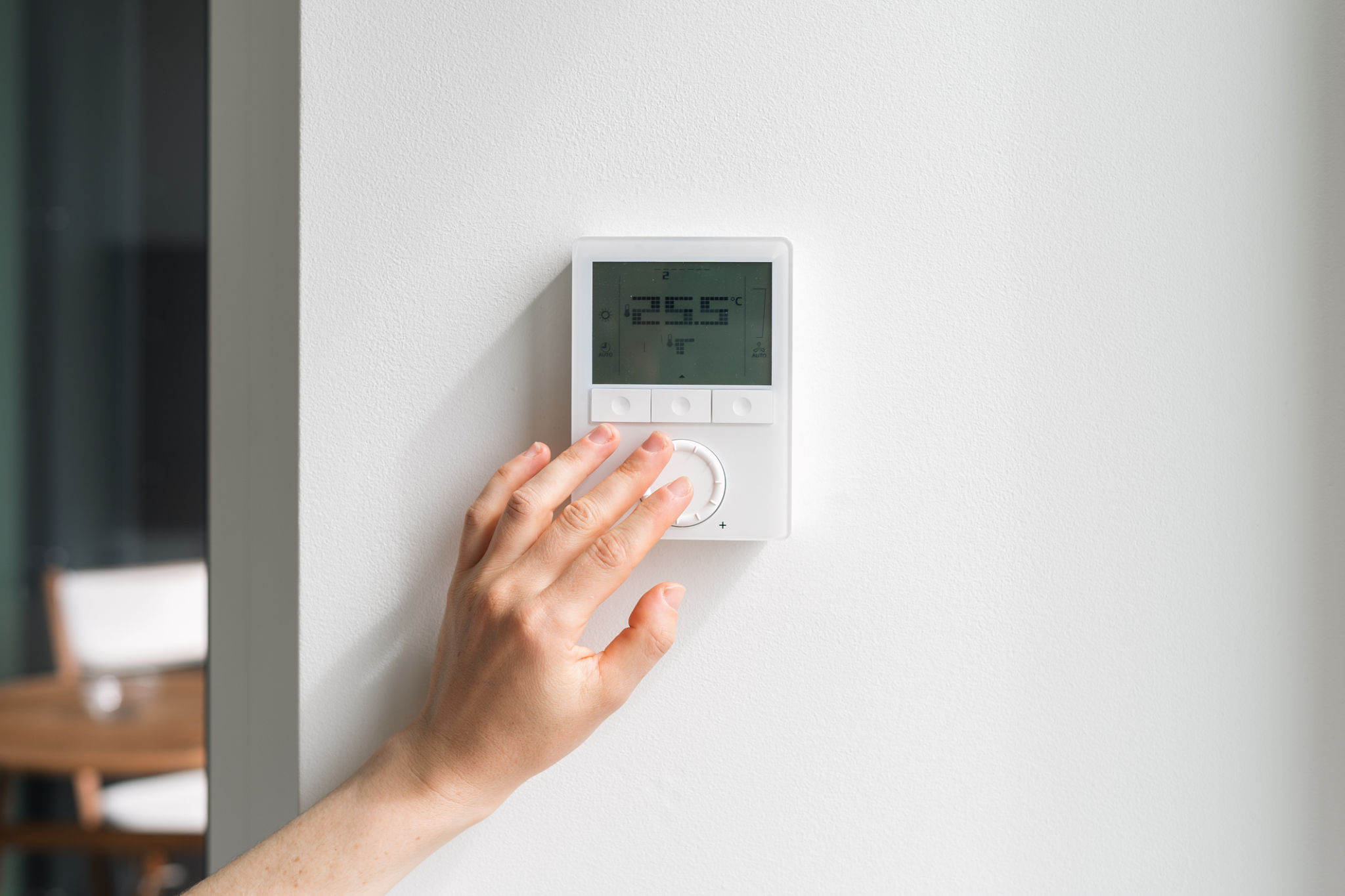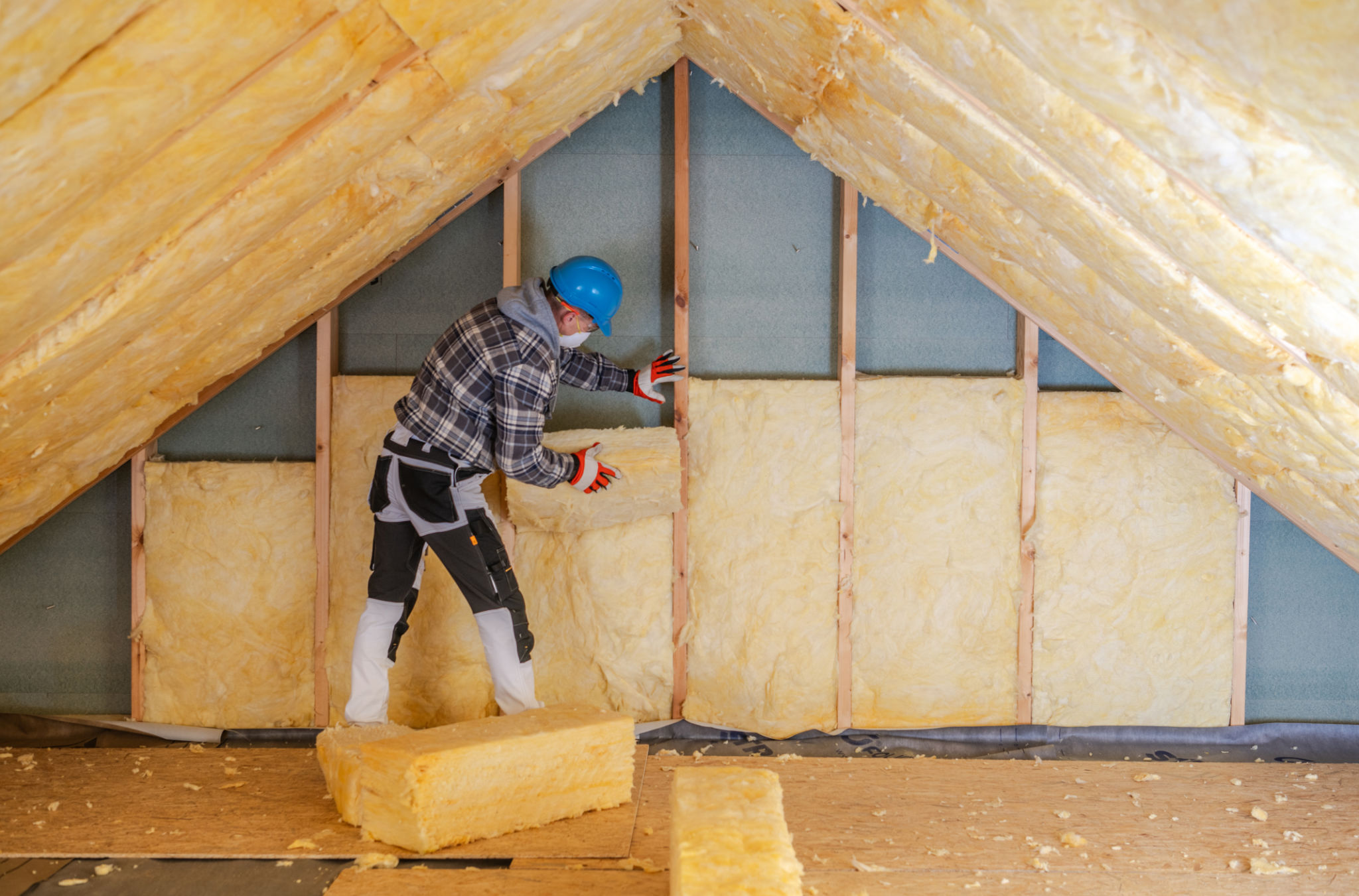Expert Tips on Improving Your Property's Efficiency Ratings
Understanding Property Efficiency Ratings
Property efficiency ratings are essential for homeowners and real estate investors looking to reduce energy costs and increase property value. These ratings assess how well a property uses energy, which can significantly impact utility bills and environmental footprint. Improving these ratings not only benefits your wallet but also contributes to a more sustainable environment.

Conduct an Energy Audit
One of the first steps in improving your property's efficiency ratings is conducting a comprehensive energy audit. This process involves evaluating the energy consumption of your property and identifying areas where improvements can be made. Professional auditors use specialized tools to measure energy efficiency and provide detailed reports on your property's performance.
By pinpointing energy wastage, you can implement targeted solutions that optimize energy use. This includes adjusting insulation, repairing leaks, and upgrading outdated systems. An energy audit serves as a roadmap for enhancing your property's efficiency.
Upgrade to Energy-Efficient Appliances
Replacing old appliances with energy-efficient models can drastically improve your property's efficiency ratings. Look for appliances with the ENERGY STAR label, which signifies that the product meets strict energy efficiency guidelines set by the government. Energy-efficient appliances consume less electricity, resulting in lower utility bills and a reduced carbon footprint.

Consider upgrading your heating and cooling systems, refrigerators, and lighting fixtures. These changes not only enhance efficiency but also improve the overall comfort and aesthetics of your property.
Enhance Insulation and Sealing
Proper insulation and sealing are critical components of an energy-efficient property. Insulation helps maintain indoor temperatures by reducing heat loss in winter and keeping cool air inside during summer. Ensure that your walls, attic, and floors are well-insulated to maximize energy savings.
Additionally, check for air leaks around windows, doors, and other openings. Sealing these gaps with weatherstripping or caulk prevents drafts and reduces the strain on your heating and cooling systems. A well-insulated property is not only more energy-efficient but also more comfortable year-round.

Consider Renewable Energy Sources
Incorporating renewable energy sources, such as solar panels, can significantly enhance your property's efficiency ratings. Solar power reduces reliance on fossil fuels and provides a sustainable source of electricity for your home. While the initial investment may seem substantial, government incentives and long-term savings often offset these costs.
Explore options like solar water heaters or wind turbines, depending on your location and budget. Transitioning to renewable energy not only improves efficiency but also positions your property as environmentally friendly, increasing its market appeal.
Adopt Smart Home Technology
Integrating smart home technology is another effective strategy for boosting efficiency ratings. Smart thermostats, lighting systems, and appliances allow you to monitor and control energy usage remotely. These devices provide real-time data on consumption patterns, enabling you to make informed decisions about energy use.

By automating energy management, smart technology reduces waste and enhances convenience. The ability to adjust settings based on occupancy or time of day ensures that energy is used efficiently, further improving your property's ratings.
Conclusion
Improving your property's efficiency ratings involves a combination of strategic upgrades and conscious decision-making. From conducting energy audits to incorporating smart technology, each step contributes to a more efficient and sustainable property. By taking action today, you not only enhance your property's value but also play a crucial role in promoting environmental responsibility.